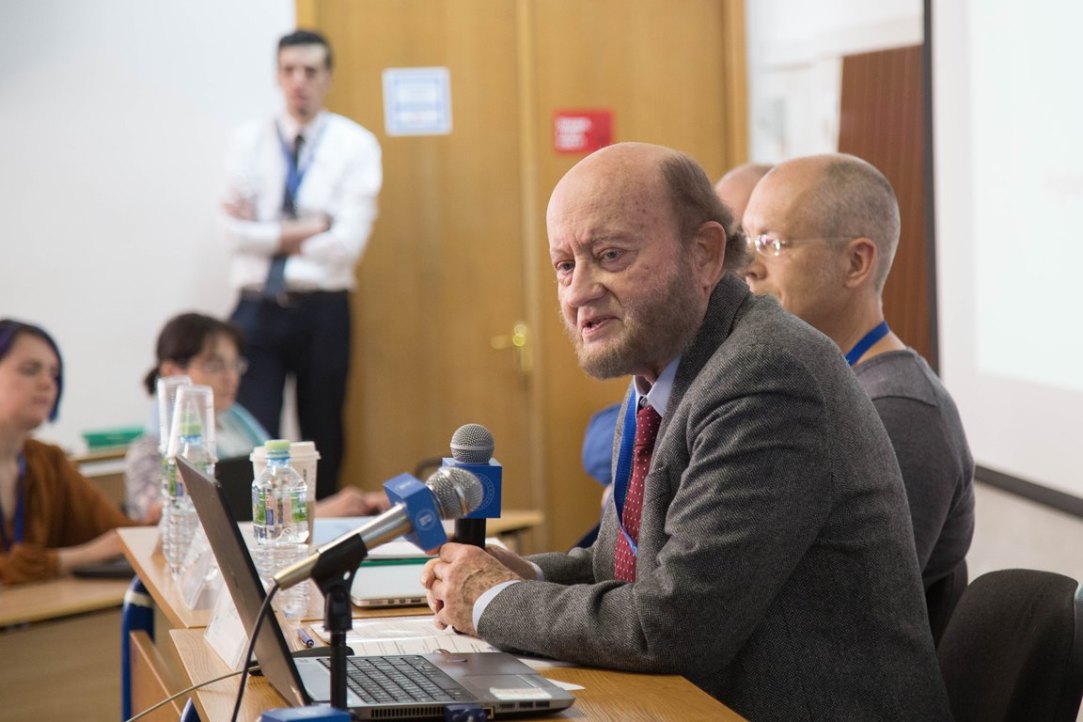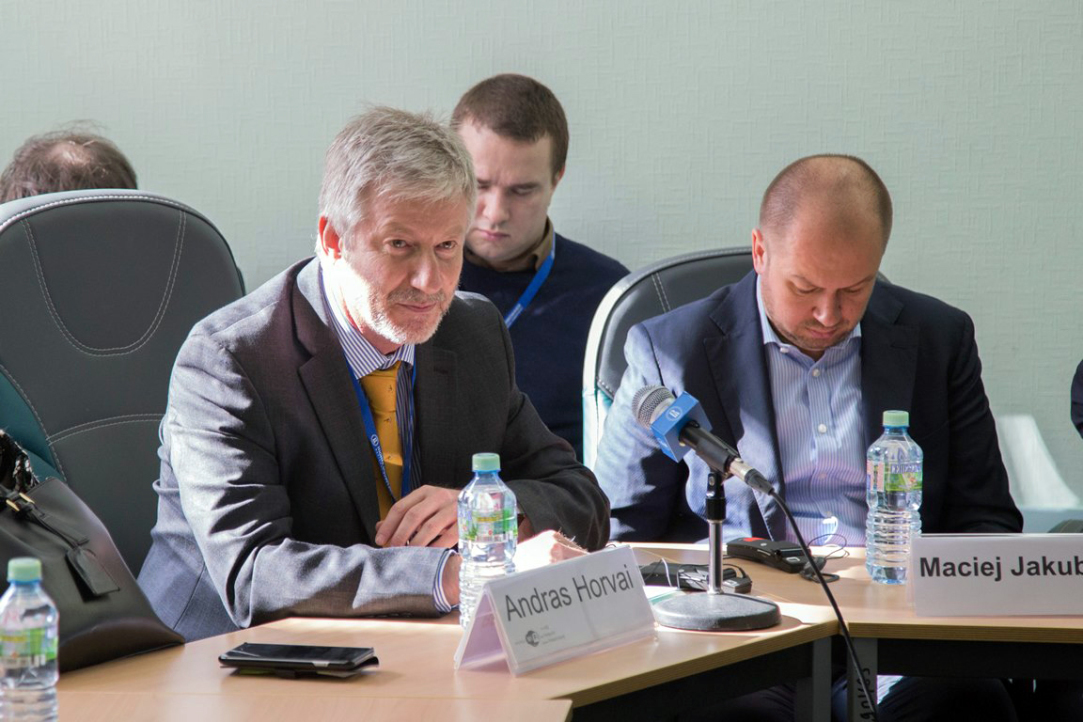From November 30 to December 1, 2017, the international conference 'Urban youth cultures: solidarity, creativity, activism' will take place as part of the project 'Creative Fields of Interethnic Cooperation and Youth Cultural Scenes of Russian Cities' (Russian Science Foundation, 2015-2017), implemented by the Center for Youth Studies (CYS) at the Higher School of Economics in St. Petersburg. The research of the CYS always produces interesting results, so we turned to the director of the Center Professor Elena Omelchenko to find out more about the upcoming event.




-счастья-собака-улыбака.jpg)
-аспиранты2 в аудитории.jpg)
-мужчины у стены с пальцем (пренат тестост).jpg)



-мигрант показывает сердечко.jpg)



-счастья-собака-улыбака.jpg)
-аспиранты2 в аудитории.jpg)
-мужчины у стены с пальцем (пренат тестост).jpg)



-мигрант показывает сердечко.jpg)